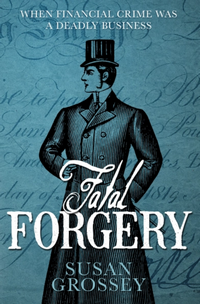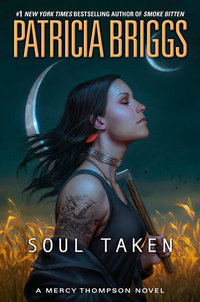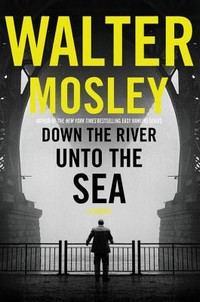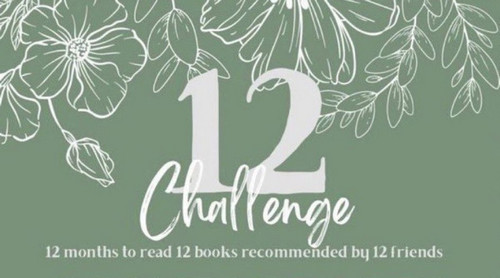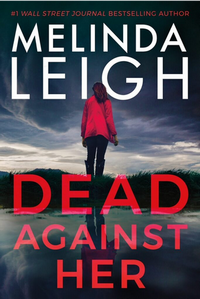by Edward Zuckerman
DETAILS:
Publisher: Arcade Crimewise
Publication Date: September 20, 2022
Format: eARC
Length: 288 pg.
Read Date: September 14-16, 2022


What’s Wealth Management About?
Not that long ago, Catherine, Rafe, and Majid had attended Harvard Business School together—they were competitors, friends, and (at least briefly) more than friends. After graduation, they’d each gone their separate ways, but life has brought them all back together in Geneva, Switzerland.
Catherine is working for a large and important bank, Majid and his partner run a fairly new hedge fund management firm, and Rafe…well, there’s what he tells people and what’s really going on with him. The personal entanglements have started/resumed before we see the reunion of the trio, and they become more entangled after the book begins. As do the professional dealings—and here’s where it gets messy.
It turns out that one of Catherine’s more significant clients seems to be involved in some money laundering (and is dragging her along with him)—and possibly some worse crimes. Majid’s firm is in serious cash problems, that might have been saved by one client—but he and his partner are concerned about this client and how he knows just the right stocks to sell short. And Rafe just might be able to save both of them from these, shall we say, complications.
There’s at least one murder, a terrorist act or two, some CIA agents, a persistent (and possibly honest) Nigerian police detective, and other assorted criminal and conspiracies afoot as well—and once Majid and Catherine become aware of them (and/or stop lying to themselves about how complicit they may be), it looks like Rafe’s help isn’t only attractive—but their sole lifeline.
Can Rafe help his friends/lover/frenemies? Can they uncover—and maybe stop—a terrorist plot?
The Financial Side
Like I said last week when talking about Nineteenth Century Monetary Crime—I’m not particularly interested in, or seemingly that capable—of rolling up my sleeves to get into the nitty-gritty of the World of Finance. I get the broad concepts—and can even appreciate the broad outlines of a discussion of short-selling (and things along those lines).
I was a little apprehensive about that idea before I started the book. Would this get into the weeds with that kind of thing? I remember learning too much about nuclear submarines or the inner-workings of an aircraft carrier deck’s operations back in the 80s and 90s when all I wanted was some action. Would the infodumps/background information slow things down too much?
Yeah, I was also a little worried about not being able to follow the focus of the action—no one likes their novels making them feel dumb. Or even if I could understand it, would it really be interesting enough to hold my attention?
Thankfully, it didn’t get too far into the weeds. I could understand the financial actions—and it wasn’t dull at all. Actually, I think this is the kind of thing that’d be good to see more of. Just how do terrorist groups—or even criminal organizations (outside of theft or selling drugs/guns/whatever)—fund themselves? It’s not like you can reuse explosive materials or bullets, and they don’t grow on trees—the money has to come from somewhere, and it sure isn’t from bake sales. The idea that certain targets/plots are motivated as a way to generate income for a terrorist group is a great way to cost a guy some sleep (and hope that “the good guys” are able to stop them).
And if cryptocurrencies reared their head at all, it was so briefly* that it didn’t leave a lasting impression—right now, you have to be grateful for that.
* Also, a quick word search didn’t turn up the term.
I’m Not Entirely Sold On This…
There’s a Love Triangle here among our protagonists—it’s not a significant part of the story, but it’s not insignificant either. Well, “Love” might only apply for 1-1.5 of the sides, but “Friends-With-Benefits Triangle” doesn’t have a great ring to it, and “Sex Triangle” seems to suggest all sorts of things that Zuckerman didn’t have in mind.
If this is a product of a “you have to have sex in a thriller to sell” kind of a thing, I guess it fulfilled its cynical function—and didn’t put off prudes like me.
If it’s to round out these characters and make them more than young professional types out to make all the money they can—or to ground them in reality and/or make them more interesting? I guess it succeeded (maybe not in the interesting part, but its possible).
If it’s to add layers of additional and conflicting motivations to the characters—giving them reasons to trust, distrust, and be unwilling to work with each other? It’s not bad—but I think it could’ve been played up a bit more—or at least more thoroughly. We get some of this, but I think it could’ve been explored a bit better.
It’s likely all three of these things—and probably more—and as such, it largely succeeds. But my gut tells me that it could’ve been done a bit better without turning the book into something all about the Triangle.
So, what did I think about Wealth Management?
Okay, I called this a Financial Thriller (as does the publisher)—but never fear, there’s the requisite gunplay, hand-to-hand violence (and threat thereof)—and actual terrorist activity. The thrills aren’t all in deft trades and market chicanery. The money material is the focus and does provide most of the thrills—and it’s what distinguishes this book from the rest of the market. In the end, we get a tight and intricate novel full of intrigue.
At one point, I counted a dozen competing/conflicting motives/goals/actions at work among the named characters—plus a handful of people we don’t meet. Zuckerman keeps the action jumping from character to character quickly, advancing each plot line a little at a time so they can come together in a nicely dramatic fashion.
Some of the characters aren’t that developed—but there’s enough to hang on to. With most of them, it’s easy to see that in another 50-100 pages or so, you could see them being described as such. But with a cast as big as this one in under 300 pages? You’re going to get some that are undercooked, there’s just no way to do that. Like with most thrillers—if it comes down to a choice between plot vs. character, plot wins—especially when it’s paced the way this is. It’s not a bug, it’s a feature (not my favorite feature, but it is one).
My initial reaction when I was emailed about this book was, “‘MBAs,” ‘Banking’, and ‘Thriller’ are not terms I’d expect to be together”—and they’re still not. But when done right—done the way that Zuckerman did it in these pages—I’m glad to say that I was wrong.
This is a very effective thriller, a little something different in the diet—and generally a good time. Yes, I think that another hundred pages could’ve been added to better develop characters, the whatever-triangle, and to flesh out a few other aspects of the book—but I think that might have sacrificed pace and tension, and you don’t want a ponderous thriller. So, I think Zuckerman made the right choices there. A quick glance at IMDB shows you, that he knows his way around a tight plot—also any author who is able to induce a moment of acrophobia deserves kudos.* I’m glad to recommend Wealth Management and encourage you to check it out.
* Sure, in real life or on film (or via a Go Pro video), I’m on a hair trigger for that kind of thing, but to do it without visual stimuli is a trick.
Disclaimer: I received this eARC from the author via Wiley Saichek and Saichek Publicity in exchange for this post—while I appreciate that, the opinions expressed are wholly mine.

This post contains an affiliate link. If you purchase from it, I will get a small commission at no additional cost to you. As always, the opinions expressed are my own.

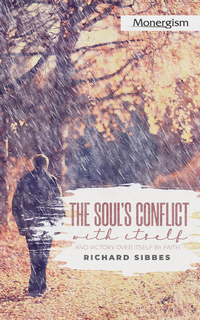 The Soul’s Conflict and Victory Over Itself by Faith
The Soul’s Conflict and Victory Over Itself by Faith

![]()


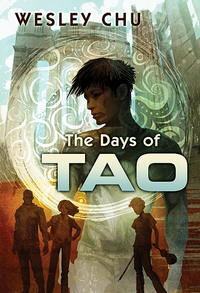
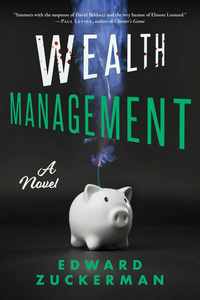


 Okay, the over-use/over-reliance on Crow, basically making him Jesse’s Hawk, bugs me. It also doesn’t do that any favors for the character of Crow or Jesse—and really doesn’t help Molly’s character in any conceivable way (although Lupica may have a long game there). Parker (inadvertently?) tamed Hawk by using him too much—and was well on the way to doing that with Bobby Horse and Chollo, too. And now Lupica’s doing that with Crow. Use him less (far less) and he retains his mystery, his edge, and his ability to do the things that Jesse won’t do.
Okay, the over-use/over-reliance on Crow, basically making him Jesse’s Hawk, bugs me. It also doesn’t do that any favors for the character of Crow or Jesse—and really doesn’t help Molly’s character in any conceivable way (although Lupica may have a long game there). Parker (inadvertently?) tamed Hawk by using him too much—and was well on the way to doing that with Bobby Horse and Chollo, too. And now Lupica’s doing that with Crow. Use him less (far less) and he retains his mystery, his edge, and his ability to do the things that Jesse won’t do.